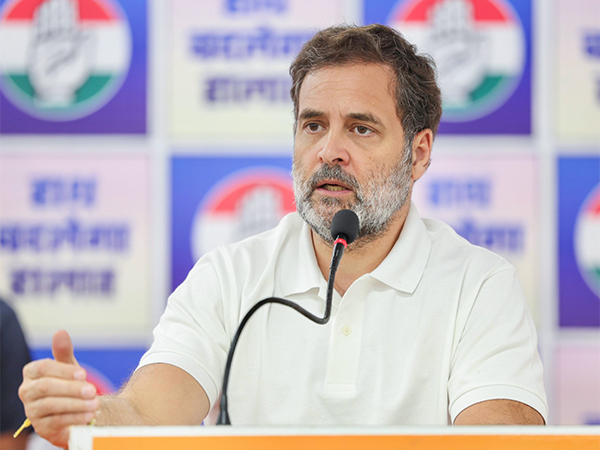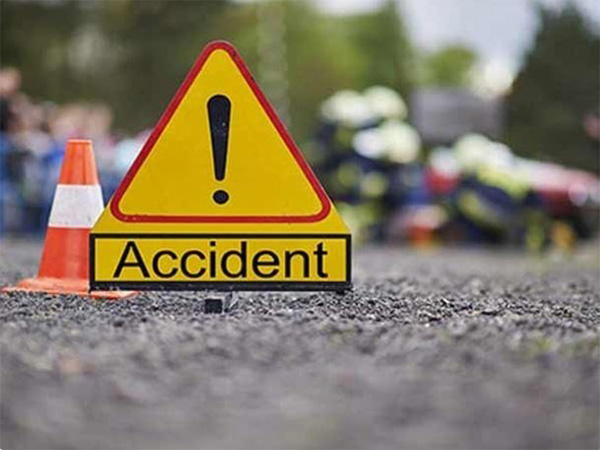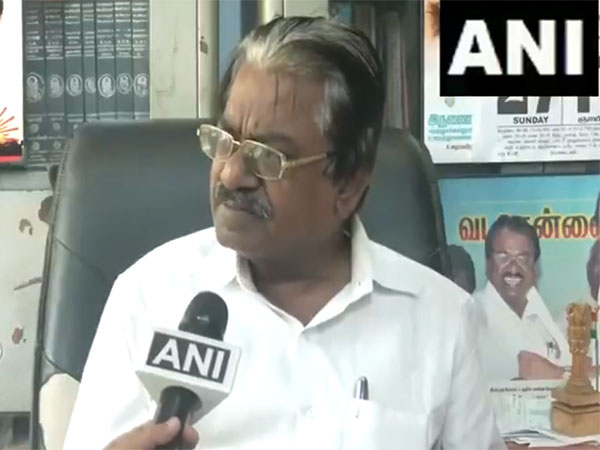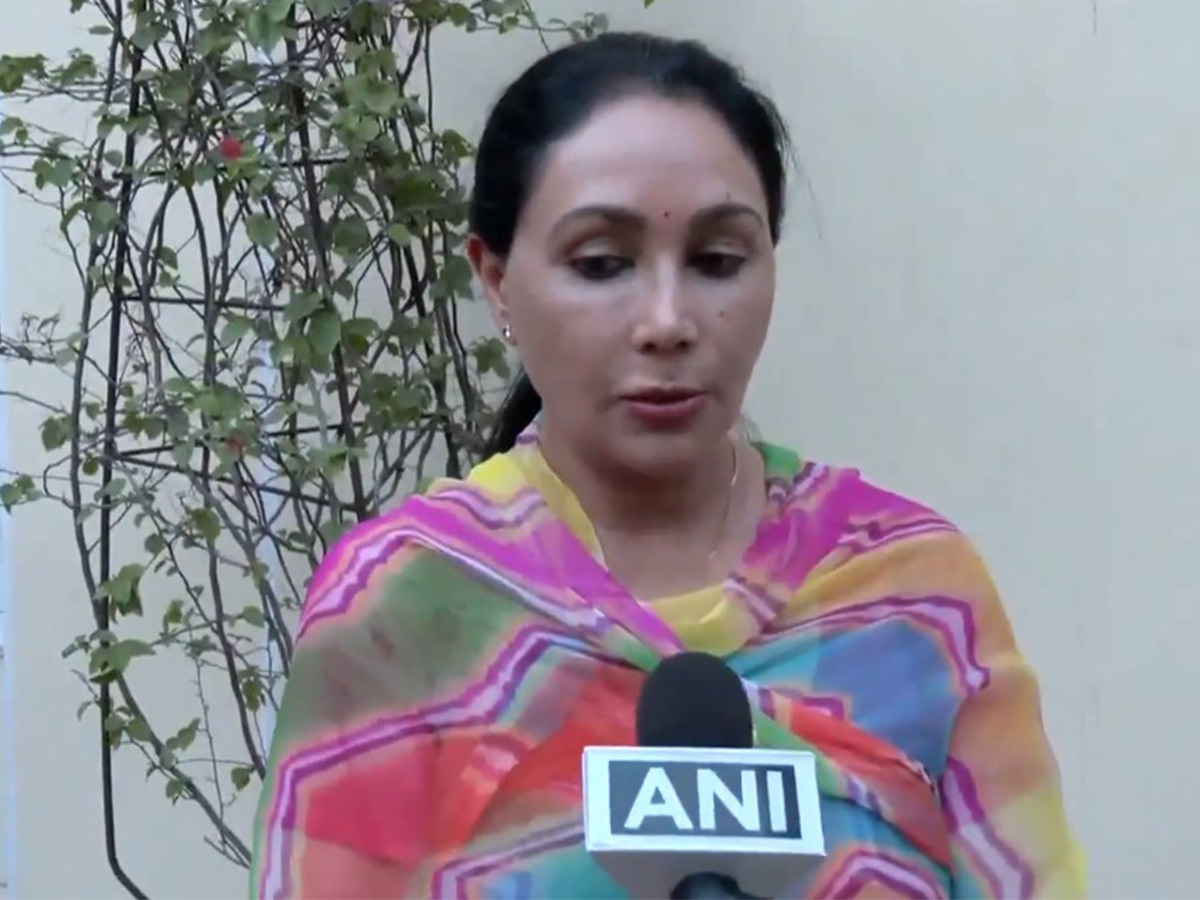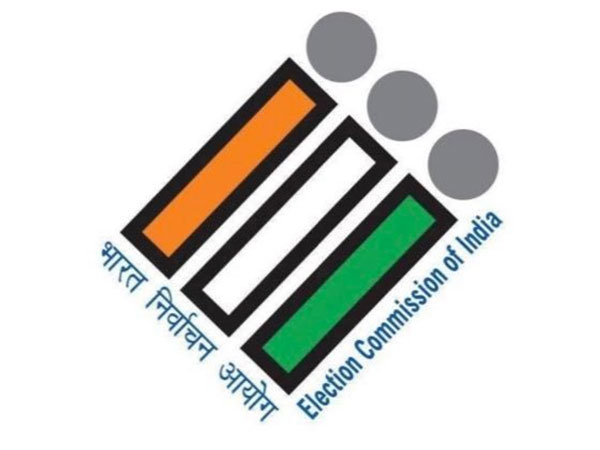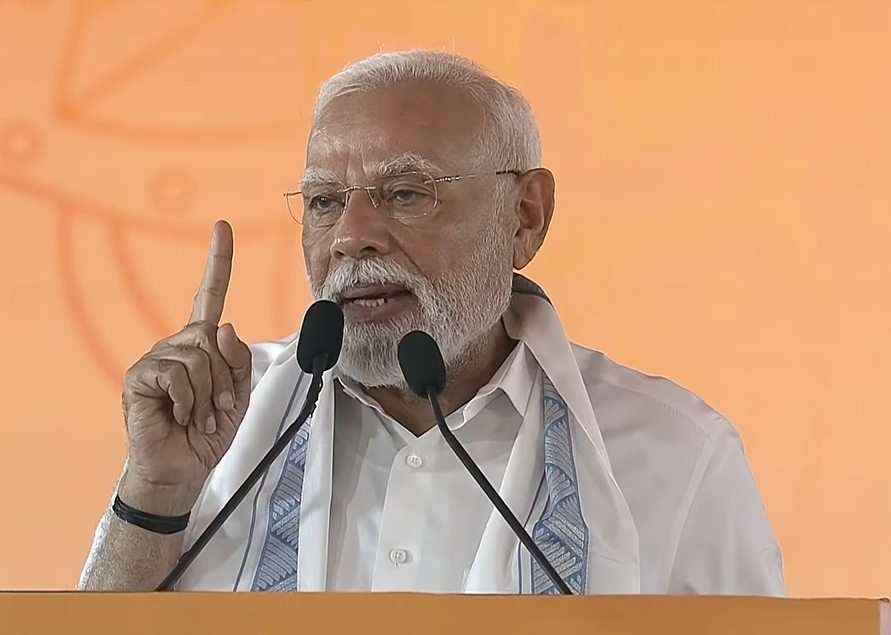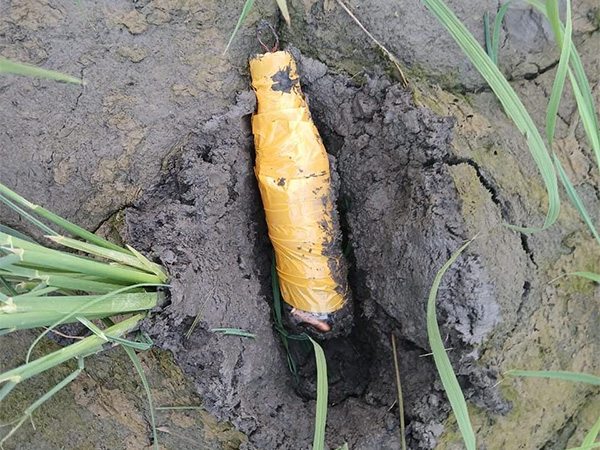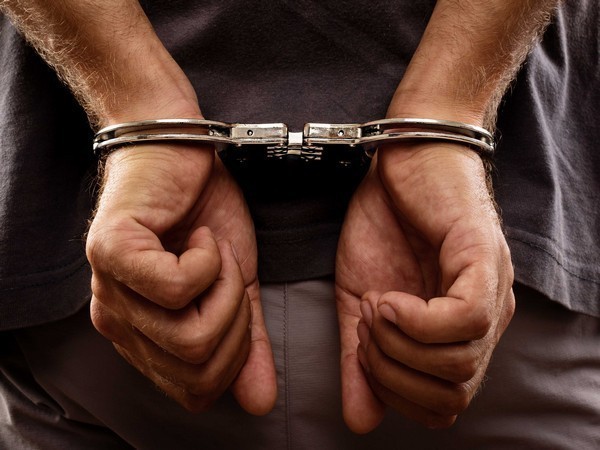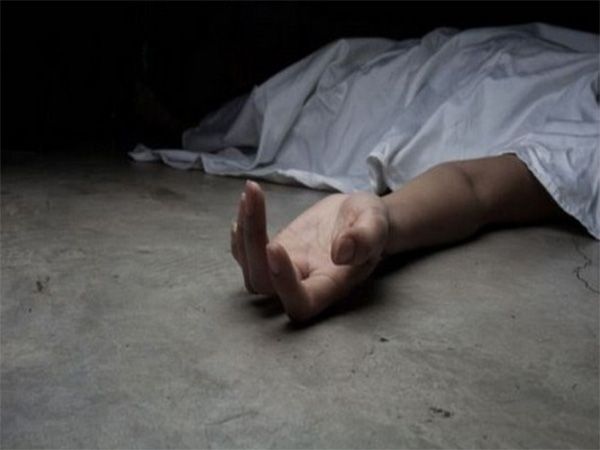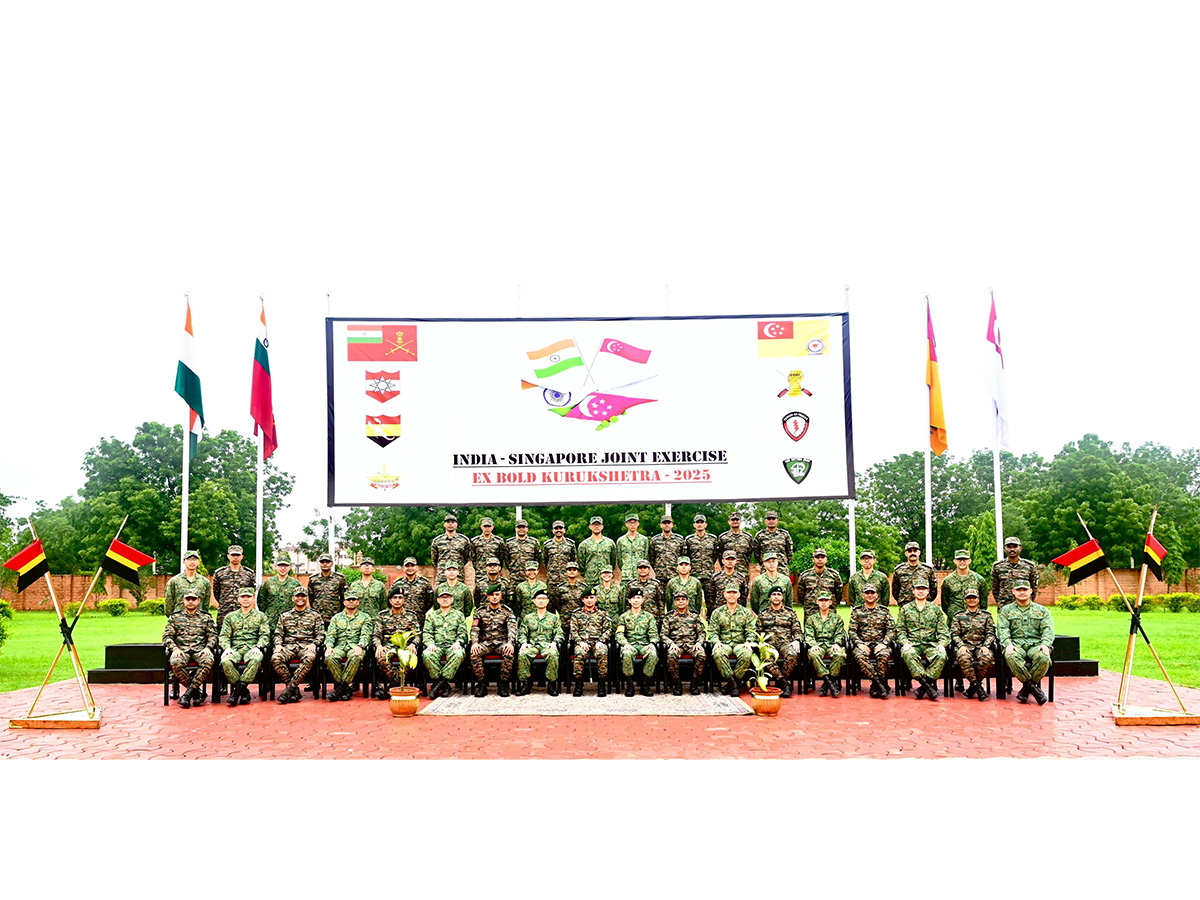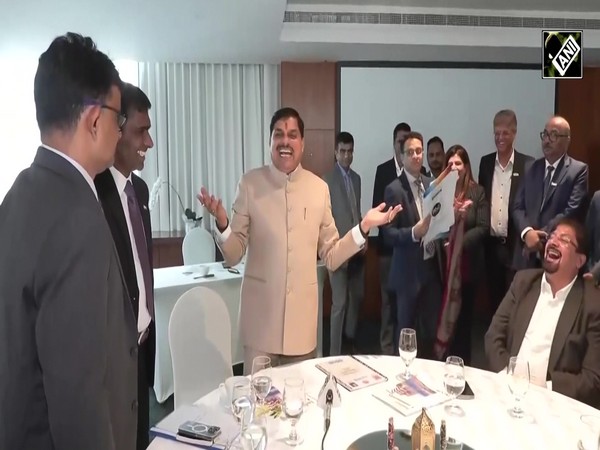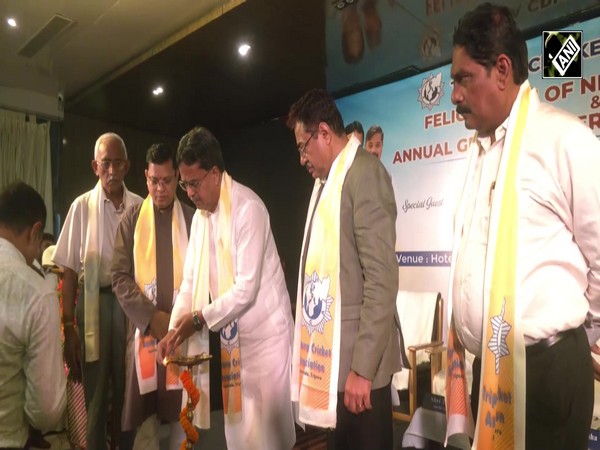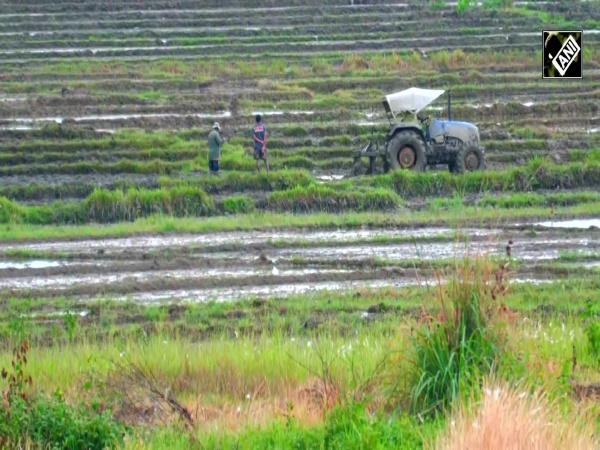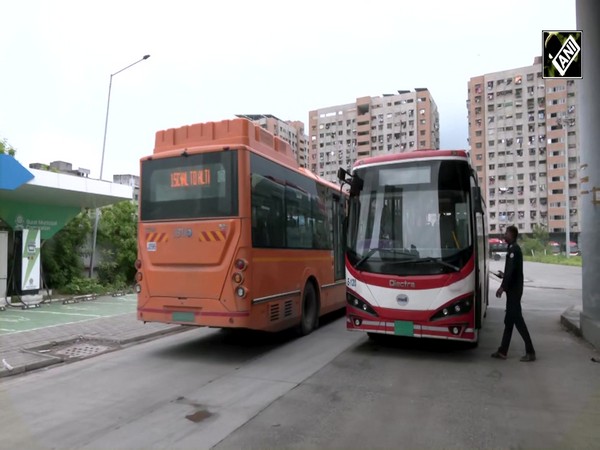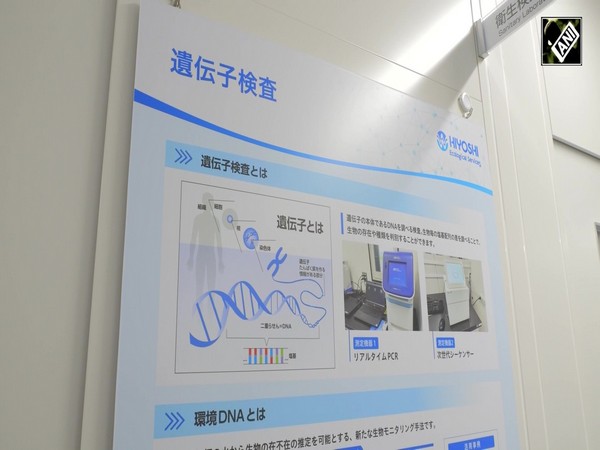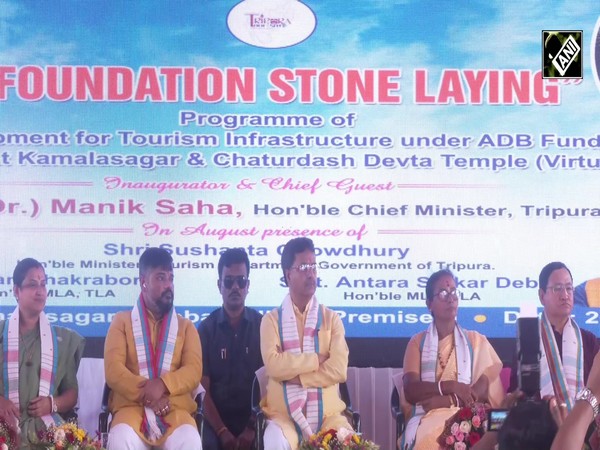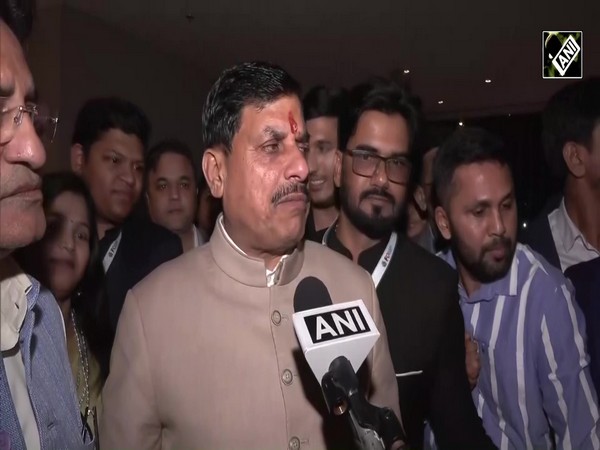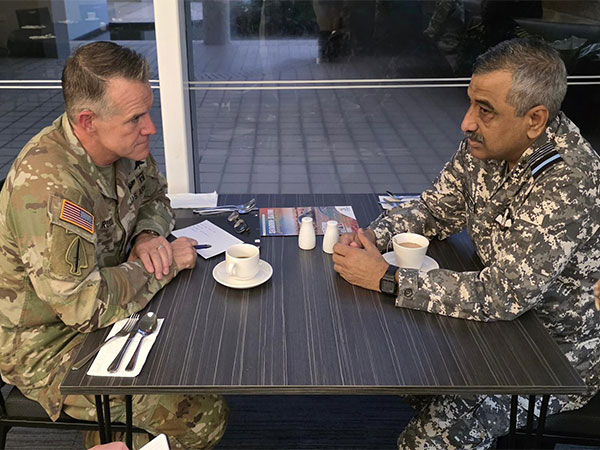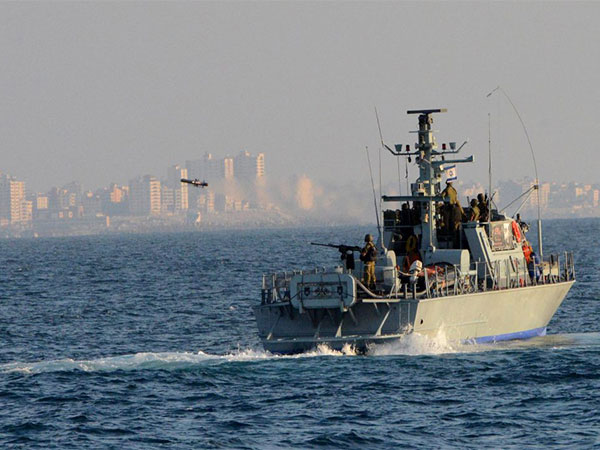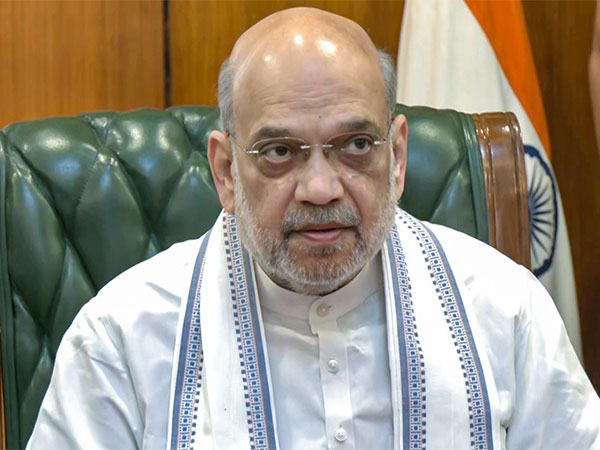
Amit Shah calls for formation of 'homogeneous teams' of central-state agencies to tackle security challenges
Jul 27, 2025
New Delhi [India], July 27 : Underlining the need for enhanced coordination to address evolving internal security challenges, Union Home Minister Amit Shah has directed the formation of "homogeneous teams" comprising Central and State agencies.
These teams will be tasked with developing strategic plans, ensuring their effective implementation, and closely monitoring progress.
Shah's direction was given on Saturday during the concluding address of the two-day Eighth National Security Strategies Conference held in New Delhi, emphasising that India's rising stature would lead to increasing national security challenges in the years to come.
"Union Home Minister stressed that these challenges needed to be tackled through better coordination. He directed the formation of homogeneous teams of Central and State agencies to develop strategies, implement and monitor them," a statement from the Ministry of Home Affairs (MHA) quoted Shah as saying.
Pointing out that India's economy had risen to the fourth position globally, the Union Home Minister (UHM) also observed that India was now a world leader in new and emerging technologies, start-ups, green energy and innovations.
He further instructed the involvement of young police officers in each state to brainstorm on national challenges and devise solutions to address them.
Shah mentioned that this conference is significant in enabling senior officers to guide young officers, familiarise them with challenges, and show them the path to finding solutions.
He urged that the use of national databases, such as National Intelligence Grid (NATGRID), National Integrated Database on Arrested Narco Offenders (NIDAAN), Integrated Monitoring on Terrorism (iMoT), and the Central Bureau of Investigation (CBI)'s fugitive database, be incorporated among young officers by including them in all training programs.
To address the challenges facing the nation, the UHM said, "A reliable ecosystem for real-time data sharing must be established."
Adding that the Modi government has resolved numerous issues scattered across various states, UHM emphasised that the next 5-10 years would be crucial for the country's development and security.
Observing that internal security challenges would remain dynamic in view of India's geopolitical neighbourhood, Shah exhorted the state police forces and central security agencies to adopt the motto of 'Suraksha, Sajagta & Samanvay' (Security, Alertness, and Co-ordination).
While appreciating the achievements in the Left Wing Extremist, North East, and Jammu and Kashmir theatres, Shah asked the Director Generals of Police (DGPs) to adopt a similar approach for the effective implementation of the three new criminal laws and tackling the challenge of narcotics.
He advocated the need for a top-to-bottom and bottom-to-top approach in initiating action against big drug cartels, besides focusing on extradition of narco-offenders. DGPs were directed to make it the prime agenda of the Police for the next three years in the path towards 'Nasha Mukt Bharat'.
Pointing out that the Police Station was the focal point of intelligence collection, he called upon the Police leadership to evolve a credible platform for sharing real-time information up to the Police Station level.
Emphasising the primary duty of the Police to protect the lives, property, and dignity of citizens, UHM directed each State Police force and central agency to strive towards excellence and nurture a spirit of healthy competition to address internal security challenges.
Stressing the need for all-round development in LWE-affected areas, UHM urged the DGPs to coordinate with State Administrations to ensure the implementation of more than 300 central and State development schemes at the grassroots level.
Underscoring the importance of securing smaller seaports along our maritime borders, UHM emphasised the capacity building of the State Police to counter infiltration and smuggling activities.
He also reviewed the counterterror initiatives and directed that stringent legal action be taken against repeat offenders.
